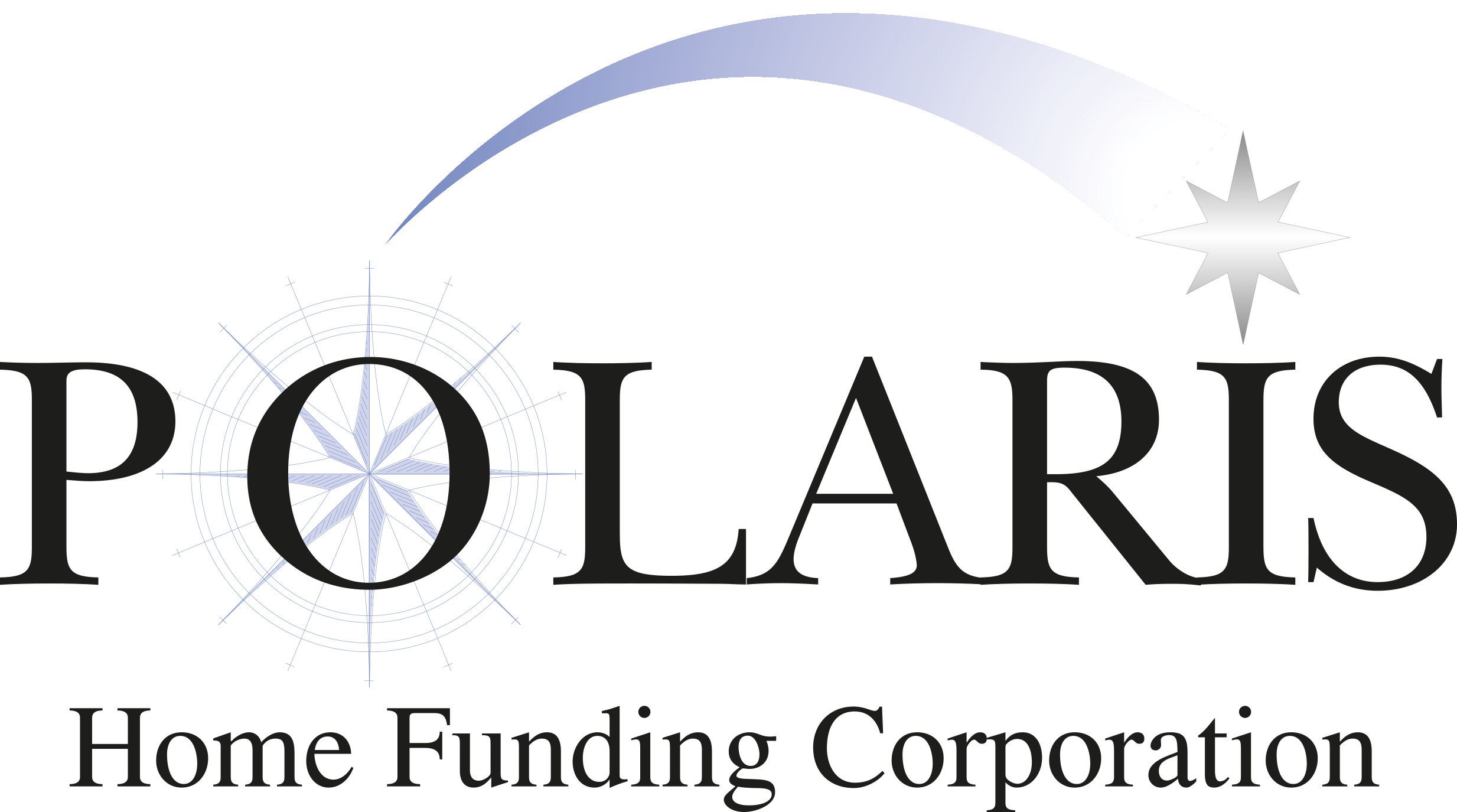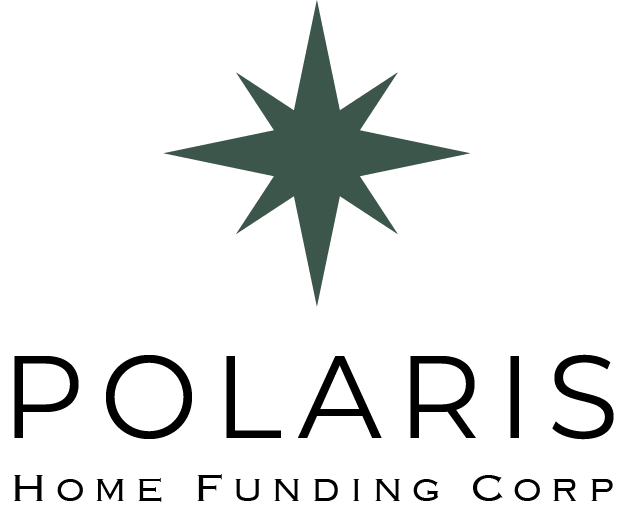Buying a home is a significant financial decision, and understanding mortgage rates is key to making informed choices. Mortgage rates are expressed as percentages and represent the cost of borrowing money to purchase a home. They can vary based on a variety of factors, including economic conditions, loan type, credit score, and market trends. Read on to learn more about the factors that influence mortgage rates and how to secure the best rate for your home loan.
What Are Mortgage Rates?
In simple terms, a mortgage rate is the interest rate charged by lenders when you borrow money to buy a home. It’s like the cost of borrowing, expressed as a percentage of your loan amount.
What Affects Mortgage Rates?
The mortgage rate offered to a home buyer is determined by the lender and is influenced by several factors:
Economic Indicators
- Inflation, economic growth, and employment rates play a crucial role in determining mortgage rates. During periods of economic expansion, mortgage rates may rise due to increased demand for loans, while economic downturns can lead to lower rates to stimulate borrowing.
Central Bank Policies
- The decisions made by central banks, like the Federal Reserve in the United States, can directly impact mortgage rates. Changes in monetary policy, such as interest rate adjustments, can lead to fluctuations in mortgage rates across the market.
Credit Scores
- The mortgage rate you’re given is heavily influenced by your credit rating. Credit scores are utilized by lenders to evaluate your credit reliability, which means higher scores lead to lower interest rates as they suggest a reduced risk of credit.
Type and Duration of Loan
- The term of your loan (e.g., 15-year, 30-year) and the type of loan (e.g., fixed-rate, adjustable-rate) also influence mortgage rates. Loan terms that are shorter and have fixed rates typically offer lower interest rates than those with longer durations or adjustable-rate mortgages (ARMs).
Down Payment
- The magnitude of your initial payment can influence the interest rate of your home loan. Lenders may offer lower rates to borrowers who make larger down payments, as it reduces their risk.
Market Conditions
- External factors such as market demand, investor sentiment, and geopolitical events can cause mortgage rates to fluctuate. Changes in market conditions can lead to both short-term and long-term shifts in mortgage rates.
Let’s now turn our attention to an essential strategy for borrowers: understanding what a rate lock on a mortgage entails.
What is a Rate Lock on a Mortgage?
Rate locks allow borrowers to secure a specific interest rate for a set period, typically during the mortgage application process. This protects borrowers from potential rate increases while their loan is being processed, providing financial certainty during a critical time.
When Should You Lock in a Mortgage Rate?
The decision to lock in a mortgage rate depends on your individual circumstances, risk tolerance, and financial objectives. It’s essential to work closely with your lender and consider professional advice to determine the optimal timing for locking in your mortgage rate. But here are some things to consider:
- Monitor market trends and interest rate movements. If rates are trending upward and you’ve found a rate that fits your budget and financial goals, it may be wise to lock it in to avoid potential rate increases.
- Consider the time it takes to process your loan application. Locking in a rate for too short a period may lead to expiration before your loan is approved, while locking in for too long could result in higher fees or a non-competitive rate.
- Understand your lender’s policies regarding rate locks. Some lenders may offer rate lock extensions or float-down options if rates drop after you’ve locked in, providing added flexibility.
- Take into account economic forecasts and expert opinions on future interest rate movements. While it’s challenging to predict market fluctuations accurately, staying informed can help you make an educated decision about when to lock in a rate.

How to Get the Best Mortgage Rates
Improve Your Credit Score
- Work on improving your credit score before applying for a mortgage. A high credit score can make you eligible for reduced interest rates.
Shop Around
- Compare rates from multiple lenders to find the best offer for your financial situation. Don’t hesitate to negotiate for better terms.
Choose the Loan Type and Term that fits your needs
- Comprehend the distinctions between fixed-rate and adjustable-rate mortgages, and evaluate the effects of loan terms on your monthly installments and total interest expenses. Balance your short-term and long-term financial objectives and go with the option that aligns with your goals and risk tolerance.
Conclusion
By understanding the factors that influence mortgage rates and following these actionable tips, you can empower yourself to make informed decisions when securing a home loan. Stay informed about economic trends, work on improving your credit score, and explore different loan options to find the best mortgage rate that suits your needs and budget.
Contact Polaris Home Fund: Your Trusted Mortgage Lender
Need personalized advice on navigating mortgage rates? Polaris is here to help. Contact us today for expert guidance tailored to your unique financial situation and homeownership goals.



